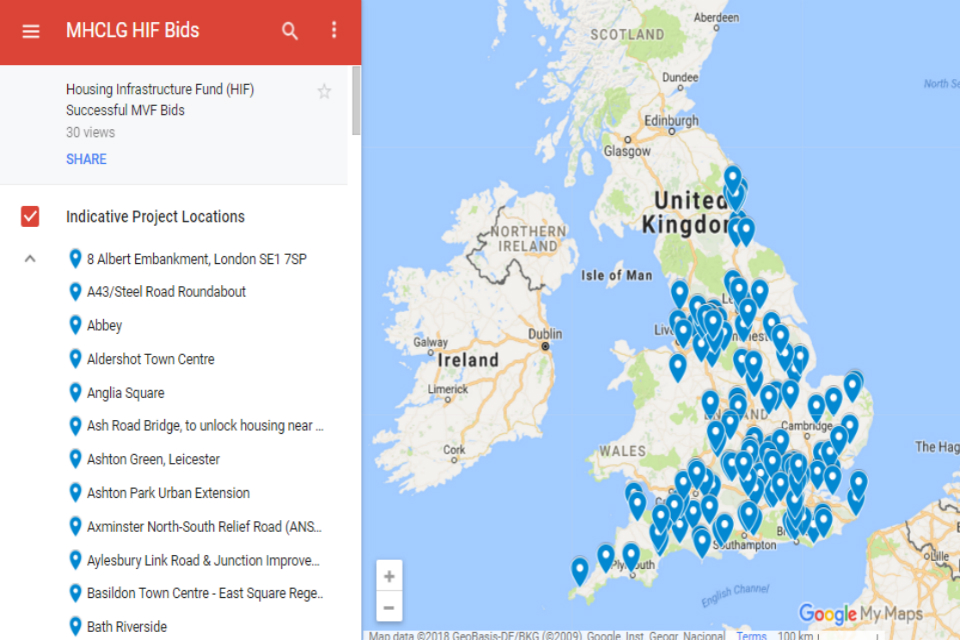The Chancellor of the Duchy of Lancaster David Lidington MP will visit Wales and Scotland this week, where he will meet with business leaders and politicians to discuss the economy and the UK’s preparations for leaving the EU.
Mr Lidington will attend roundtable discussions with different sectors of business in Cardiff (Thursday, February 1st) and Edinburgh (Friday, February 2nd). The newly appointed Minister will also hold bilateral discussions on the EU Withdrawal Bill with both the Welsh First Minister and the Scottish Deputy First Minister on Thursday.
Speaking ahead of the visits to Cardiff and Edinburgh, David Lidington said:
I am very much looking forward to visiting Scotland and Wales. The UK Government is committed to building a Britain where our strong economy benefits all parts of the UK.
I know that businesses in Wales are excited by the opportunities that come from our plans to remove the tolls from the Severn Bridge. Our investment in broadband and UK City Deals are making a real difference in Wales and Scotland. I want to hear from businesses in Cardiff and Edinburgh about what else we can do to help drive economic growth.
I am also looking forward to continuing my discussions with Carwyn Jones and John Swinney on how we can make progress with the EU Withdrawal Bill in our face-to-face talks today. We need to work together to find an agreed way forward.
In Cardiff, David Lidington will co-host, with the Secretary of State for Wales Alun Cairns MP, a meeting of the regular Expert Panel group of representatives of the businesses, agriculture, fisheries and third sector in Wales that advises on the arrangements for leaving the EU.
The Secretary of State for Wales has established the group to work with him to deliver a smooth and orderly exit from the EU in Wales.
Speaking ahead of the meeting, Secretary of State for Wales Alun Cairns said:
The UK Government is resolute in its commitment to delivering an EU exit that works for every part of the country, and to taking every opportunity along the way to further strengthen our precious union.
We have ensured that the Welsh Government and every sector in Wales have been fully and constructively engaged with the Brexit process, so we can together deliver the best possible deal for the people of Wales.
Scottish Secretary David Mundell said:
I look forward to meeting the Scottish Government later today. The return of powers from the EU will lead to a significant increase in the decision-making powers of Holyrood. We have made good progress in our discussions with the Scottish Government on common frameworks and will continue those discussions today. We want to agree an amendment to the EU (Withdrawal) Bill which we can then bring forward in the Lords.
The Minister will also chair a roundtable of Scottish business representatives in Edinburgh on Friday morning.
ENDS
Link: Press release: David Lidington in Wales and Scotland for talks on business and Brexit
Source: Gov Press Releases



